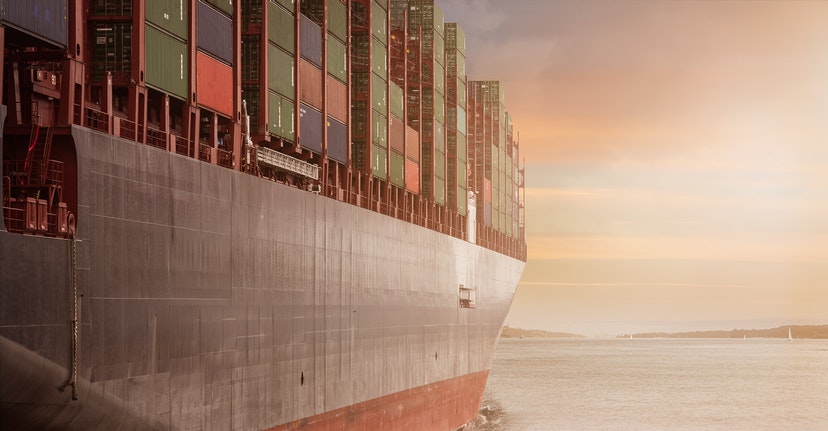COVID-19 Related Port Shutdowns Cause Shipping Delays
Brands, Shippers Brace for More Delays
China’s second-busiest port, the Meishan terminal, was open for business again Wednesday after a two-week shutdown caused by a worker testing positive for COVID-19. The partial closure delayed global shipping which has already been strained since the pandemic. It marks the second time in recent weeks a busy port was shut down due to coronavirus cases.
If more outbreaks occur and shutdowns ensue, it could be problematic for shippers including Maersk (AMKBY) and Hapag-Lloyd (HPGLY), which are anticipating strong US and European demand during the holiday shopping season. Even the congestion caused by the two-week closure at the Meishan terminal is expected to take weeks to ease. Maersk and Hapag-Lloyd overhauled their schedules and warned customers of delays as a result.
Major Brands Anticipate Delays
The global supply-chain kinks are not only expected to impact the shipping industry but also multinational brands including Adidas (ADDYY), Crocs (CROX), and Hasbro (HAS) as the prices for materials and shipping continue to rise. Currently it costs about $11,000 to ship a container to Los Angeles from Shanghai—a 220% increase from a year ago. Increased costs are expected to be passed on to consumers. Meanwhile the World Container Index, which tracks the cost of shipping a container in eight major routes, found rates are up 360% from last year.
All three brands have warned that shipping issues could cause disruptions during the holiday selling season which is an important period for retailers and brands. It could also prevent retailers from restocking their inventory ahead of the holidays, which could blunt sales growth during a pivotal time of the year.
Shipping Delays Won’t Completely Ease This Year
The shipping backups and delays are expected to continue throughout the remainder of the year, potentially easing in the first quarter of 2022. As it stands there are about 36 container ships waiting off the ports of Los Angeles and Long Beach, which is the highest number since February. Typically there would be none or just one anchored shipping container outside the port.
That backlog is expected to reverberate throughout the supply chain, cramping warehouses and weighing on railroad and road capacity. In the US and the UK a lack of truck drivers could make the problem worse. As a result, investors will be paying close attention to see how the supply chain works out the recent delays. Wall Street is watching to see if any more COVID-19 outbreaks cause disruptions which could impact the all-important holiday selling season.
Please understand that this information provided is general in nature and shouldn’t be construed as a recommendation or solicitation of any products offered by SoFi’s affiliates and subsidiaries. In addition, this information is by no means meant to provide investment or financial advice, nor is it intended to serve as the basis for any investment decision or recommendation to buy or sell any asset. Keep in mind that investing involves risk, and past performance of an asset never guarantees future results or returns. It’s important for investors to consider their specific financial needs, goals, and risk profile before making an investment decision.
The information and analysis provided through hyperlinks to third party websites, while believed to be accurate, cannot be guaranteed by SoFi. These links are provided for informational purposes and should not be viewed as an endorsement. No brands or products mentioned are affiliated with SoFi, nor do they endorse or sponsor this content.
Communication of SoFi Wealth LLC an SEC Registered Investment Adviser
SoFi isn’t recommending and is not affiliated with the brands or companies displayed. Brands displayed neither endorse or sponsor this article. Third party trademarks and service marks referenced are property of their respective owners.
SOSS21082603



